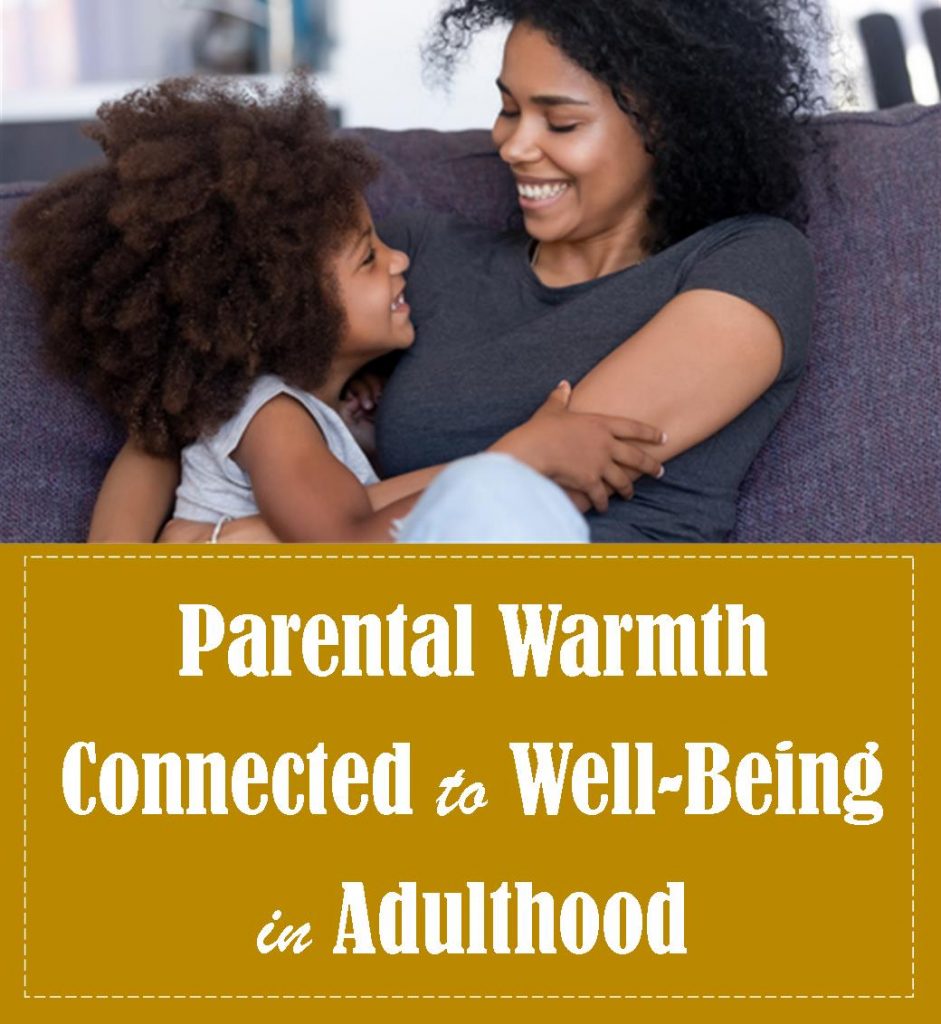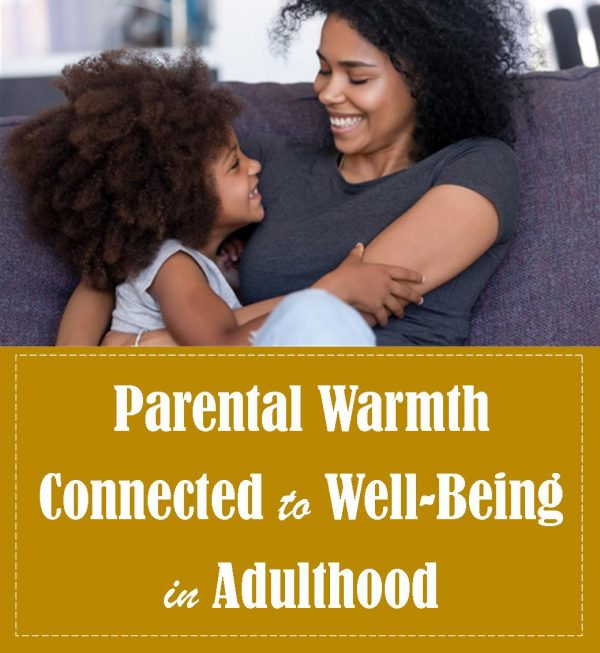
In a new Harvard study, researchers found that adults who recalled their parents as warm and caring flourished at significantly higher rates than those who had parents who were cold or negative.
What is flourishing?
The authors of the study defined flourishing as emotional, psychological, and social well-being. Study participants were asked questions like, “In general, I feel I am in charge of the situation in which I live,” and “My community is a source of comfort.” Participants were defined as flourishing if they showed high levels of well-being on all of the measured scales.
One of the analysts said that flourishing adults have a sense of life satisfaction: they feel their life has meaning and purpose, they possess good character, and they have good relationships.
This makes sense. Many decades of research reveals that children who are securely attached to their parents do better on a number of measurements than less securely attached children. They’re more curious, successful, confident, and resilient. (Here’s a whole book about the science of attachment and how it shapes our personality.) I believe it is the secure attachment that is leading to greater well-being in adulthood. Parental warmth is one of the many “fertilizers” that nourish the roots of attachment in children.
Perfect parents not required!
I often say that you don’t have to be a perfect mom or dad to raise emotionally healthy children, and this study confirms this. The analysts found that even a moderate increase in parental warmth was linked to a variety of positive outcomes in adulthood, including decreased substance abuse and increased relationship satisfaction.
We all come to parenting with wounds and shortcomings, and sometimes these things create stumbling blocks in our relationship with our kids. Rejoice with Paul the Apostle that where we are weak, God is strong in us (2 Cor. 13:9). Thank God we don’t have to parent alone!
My 2 cents: warmth does not mean wimpiness!
What does it mean to be a “warm” parent? When I was a young mother, I knew that it was important to express warmth to my children. But I was a little unsure what this meant beyond being “nice” and not scaring my kids.
I’ve learned that being warm doesn’t mean you have to be a wimp or a doormat. I can be warm and still set boundaries, enforce rules, and say no to my kids.
Even when our child messes up big time, we can express our concern and explain where he went wrong while still conveying a sense of warmth. Warmth in this situation means we make it clear that our child is loved even when he makes a mistake, that we are on his side even if we disagree with his choices. Being on his side doesn’t mean we condone his actions, but that we are there to help him find his way out of the mess he’s made. We can say something like, “You broke a rule, and I’m not happy about it, but I’m still your mom and I still love you. We’ll get through this together.”
Warmth ultimately conveys to a child that we’re glad he’s our kid and that we like being around him, no matter what he does. A simplistic notion, sure, but many of us grew up feeling like we annoyed our parents. Warmth lets our child know that he is cherished and significant to us, and that our life is better because he’s in it.
And another 2 cents: flourishing begins and ends with faith
As a Catholic Christian, I recognize that human flourishing includes our spiritual health, not just our emotional and social health. So I include in my definition of human flourishing our growth toward spiritual perfection and holiness (Matt. 5:48).
We will never be perfect, or flourish perfectly, this side of heaven, but by the grace of God, through the practice of the virtues and through our human relationships, we can grow in that direction. In fact, it’s primarily through practicing the virtues in the context of family life (as a mother, father, daughter, son, sister, brother, uncle, aunt, etc.) that we will grow and be tested most as disciples of Christ.
We worship the God who longs for our flourishing. Sometimes we have our ideas, our hopes and dreams, for ourselves or our child. We imagine something big; we think we have a good idea what we or our child should do or become. However, we will find the surest path to flourishing on the path God has planned for us. We can never get there by our own efforts as well as we can by cooperating with God. He sees greater things in us, plans better things for us, than we can possibly imagine.
image credit: fiskes (dreamstime.com)

